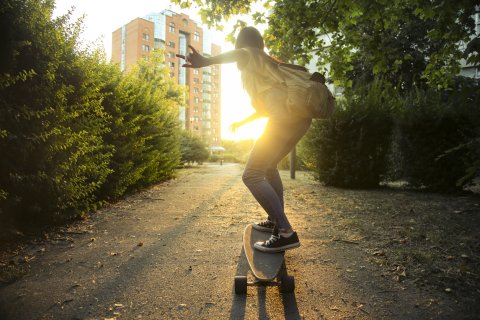Urban Geography
Understanding the underlying mechanisms of spatial and social inequalities and how they impact the creation of inclusive and healthy cities.
People shape their environments, and environments shape people. The researchers of the section Urban Geography investigate how the urban environment influences individual behaviours such as travel, leisure, consumption, social interaction and physical activity, and consequently health, well-being and inclusion. And vice versa; how do behaviours and their consequences affect urban spaces?
Contact
For individual members of this research section, please see the staff listing.


